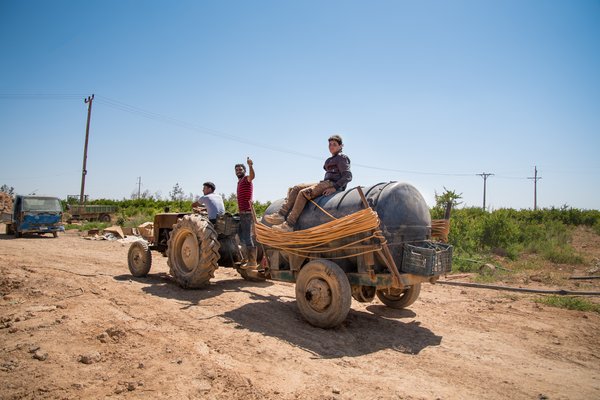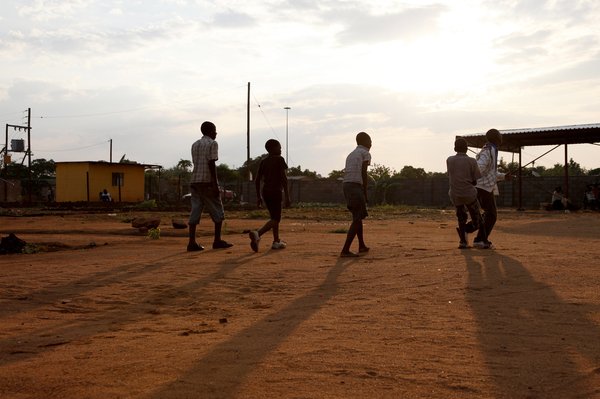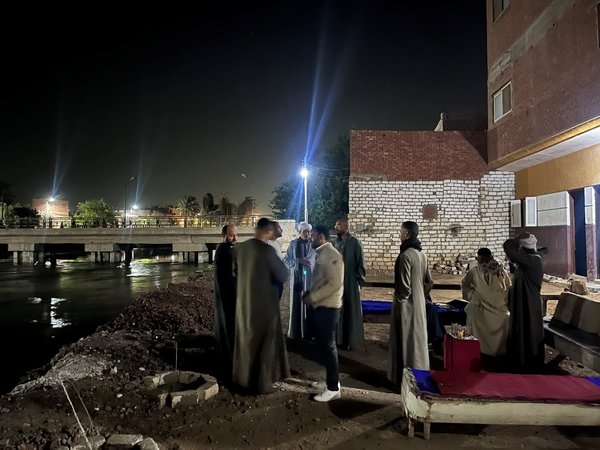
Delga village, Upper Egypt. Photo via Ali Zaraay and Farah Hallabeh. All rights reserved.
Introduction
This case study summarises the findings of MIDEQ’s research into the multifaceted effects of male migrant absence on wives and children within Egyptian households. It highlights various impacts, both positive and negative, on family dynamics and individual experiences. The absence of husbands and fathers creates a unique liminal space in which migrant’s wives find themselves navigating between traditional gender roles and opportunities for empowerment. The perceptions of women, their families, and the community intricately shape the expected behaviours and roles of a migrant’s wife. Consequently, husbands are paradoxically both ‘absent’ and ‘present’ in their influence on women’s bodily autonomy, influencing choices related to dress and appearance, among other aspects of their lives.
Furthermore, this case study highlights the role of children within this dynamic and the ripple effects of male migrant absence on their lives. It shows how children are impacted by the absence or presence of their fathers, examining changes in familial interactions, and assessing the implications for their future prospects and choices. By examining the experiences of both wives and children, this case study illustrates the complex dynamics at play within Egyptian families affected by male migration.



